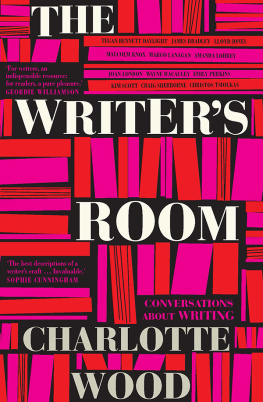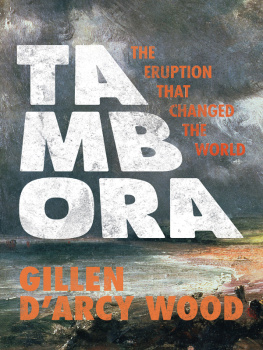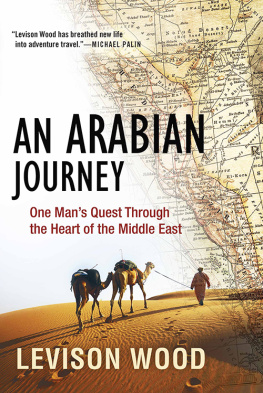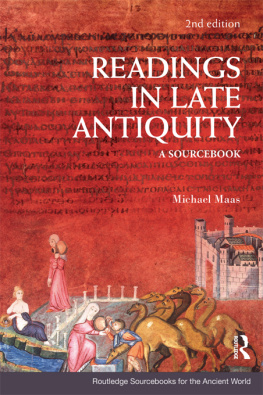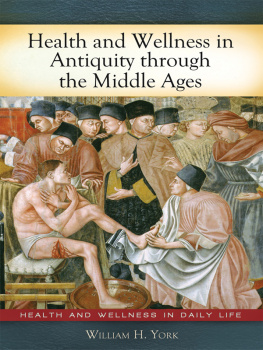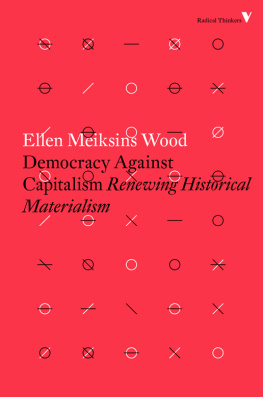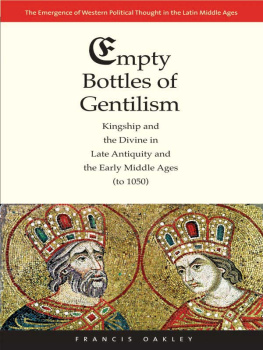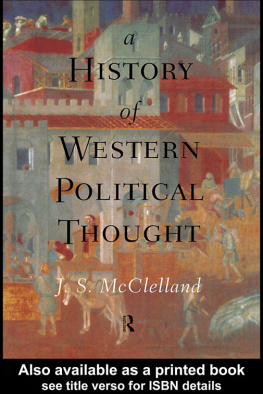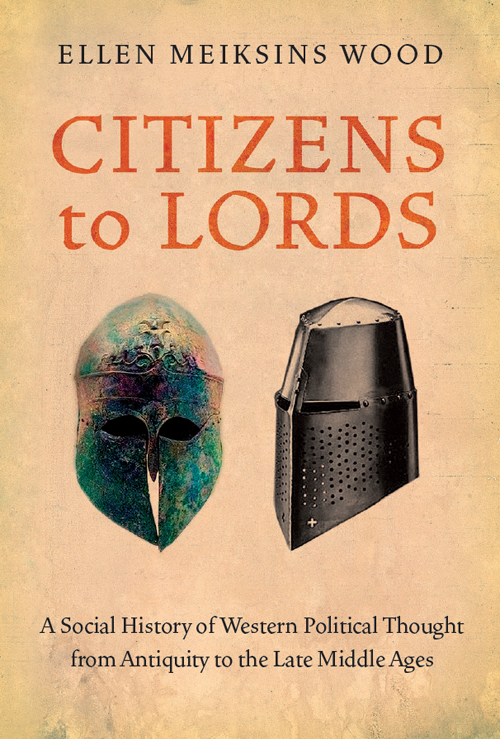CITIZENS TO LORDS

Ellen Meiksins Wood, for many years Professor of Political Science at York University, Toronto, is the author of a number of books, including Democracy Against Capitalism and, with Verso, The Pristine Culture of Capitalism, The Origin of Capitalism, Peasant-Citizen and Slave and Empire of Capital.
CITIZENS TO LORDS
A Social History of Western Political Thought From Antiquity to the Middle Ages

ELLEN MEIKSINS WOOD

First published by Verso 2008
This paperback edition published by Verso 2011
Ellen Meiksins Wood 2011
All rights reserved
The moral rights of the author have been asserted
1 3 5 7 9 10 8 6 4 2
Verso
UK: 6 Meard Street, London W1F 0EG
US: 20 Jay Street, Suite 1010, Brooklyn, NY 11201
www.versobooks.com
Verso is the imprint of New Left Books
ISBN: 978-1-84467-816-7
British Library Cataloguing in Publication Data
A catalogue record for this book is available from the British Library
Library of Congress Cataloging-in-Publication Data
A catalog record for this book is available from the Library of Congress
Typeset by Hewer Text UK Ltd, Edinburgh
Printed in the US by Maple Vail
In memory of
Neal Wood
ACKNOWLEDGEMENTS
As so often before, I am particularly grateful to George Comninel, who read the whole manuscript and made his customarily generous and insightful suggestions. My thanks also to Paul Cartledge, Janet Coleman and Gordon Schochet, who read parts of the manuscript and made useful comments but cannot, of course, be held responsible for any failures on my part to take good advice. Perry Anderson kindly agreed to my last-minute request for a quick reading of the whole text and made some very helpful suggestions. And special thanks to Ed Broadbent, who brilliantly played the role of every writers dream audience, the intelligent general reader. I owe a great deal to his keenly critical eye, together with his unfailing support and encouragement.
My greatest debt is to Neal Wood. Many years ago, we decided that one day we would write a social history of political theory together. Somehow we never got around to it. There were always other projects to embark on and complete. Yet when, after his death, I set out to do it on my own, he remained in a sense the co-author. It was he who first introduced me to the history of political thought; it was he who coined the phrase, the social history of political theory; and this project would have been inconceivable without his rich body of work in the field and his example of scholarly integrity combined with passionate engagement.
THE SOCIAL HISTORY OF POLITICAL THEORY
What is Political Theory?
Every complex civilization with a state and organized leadership is bound to generate reflection on the relations between leader and led, rulers and subjects, command and obedience. Whether it takes the form of systematic philosophy, poetry, parable or proverb, in oral traditions or in the written word, we can call it political thought. But the subject of this book is one very particular mode of political thinking that emerged in the very particular historical conditions of ancient Greece and developed over two millennia in what we now call Europe and its colonial outposts.
For better or worse, the Greeks invented their own distinctive mode of political theory, a systematic and analytical interrogation of political principles, full of laboriously constructed definitions and adversarial argumentation, applying critical reason to questioning the very foundations and legitimacy of traditional moral rules and the principles of political right. While there have been many other ways of thinking about politics in the Western world, what we think of as the classics of Western political thought, ancient and modern, belong to the tradition of political theory established by the Greeks.
Other ancient civilizations in many ways more advanced than the Greeks in everything from agricultural techniques to commerce, navigation, and every conceivable craft or high art produced vast literatures on every human practice, as well as speculations about the origins of life and the formation of the universe. But, in general, the political order was not treated as an object of systematic critical speculation.
We can, for example, contrast the ancient Greek mode of political speculation about principles of political order with the philosophy of ethical precept, aphorism, advice and example produced by the far more complex and advanced civilization of China, which had its own rich and varied tradition of political thought. Confucian philosophy, for instance, takes the form of aphorisms on appropriate conduct, proverbial sayings and exemplary anecdotes, conveying its political lessons not by means of argumentation but by subtle allusions with complex layers of meaning. Another civilization more advanced than classical Greece, India, produced a Hindu tradition of political thought lacking the kind of analytical and theoretical speculation that characterized Indian works of moral philosophy, logic and epistemology, expressing its commitment to existing political arrangements in didactic form without systematic argumentation. We can also contrast classical political philosophy to the earlier Homeric poetry of heroic ideals, models and examples or even to the political poetry of Solon, on the eve of the classical polis.
The tradition of political theory as we know it in the West can be traced back to ancient Greek philosophers notably, Protagoras, Socrates, Plato and Aristotle and it has produced a series of canonical thinkers whose names have become familiar even to those who have never read their work: St Augustine, St Thomas Aquinas, Machiavelli, Hobbes, Locke, Rousseau, Hegel, Mill, and so on. The writings of these thinkers are extremely varied, but they do have certain things in common. Although they often analyze the state as it is, their principal enterprise is criticism and prescription. They all have some conception of what constitutes the right and proper ordering of society and government. What is conceived as right is often based on some conception of justice and the morally good life, but it may also derive from practical reflections about what is required to maintain peace, security and material well-being.
Some political theorists offer blueprints for an ideally just state. Others specify reforms of existing government and proposals for guiding public policy. For all of them, the central questions have to do with who should govern and how, or what form of government is best; and they generally agree that it is not enough to ask and answer questions about the best form of government: we must also critically explore the grounds on which such judgments are made. Underlying such questions is always some conception of human nature, those qualities in human beings that must be nurtured or controlled in order to achieve a right and proper social order. Political theorists have outlined their human ideals and asked what kind of social and political arrangements are required to realize this vision of humanity. And when questions such as these are asked, others may not be far off: why and under what conditions ought we to obey those who govern us, and are we ever entitled to disobey or rebel?


